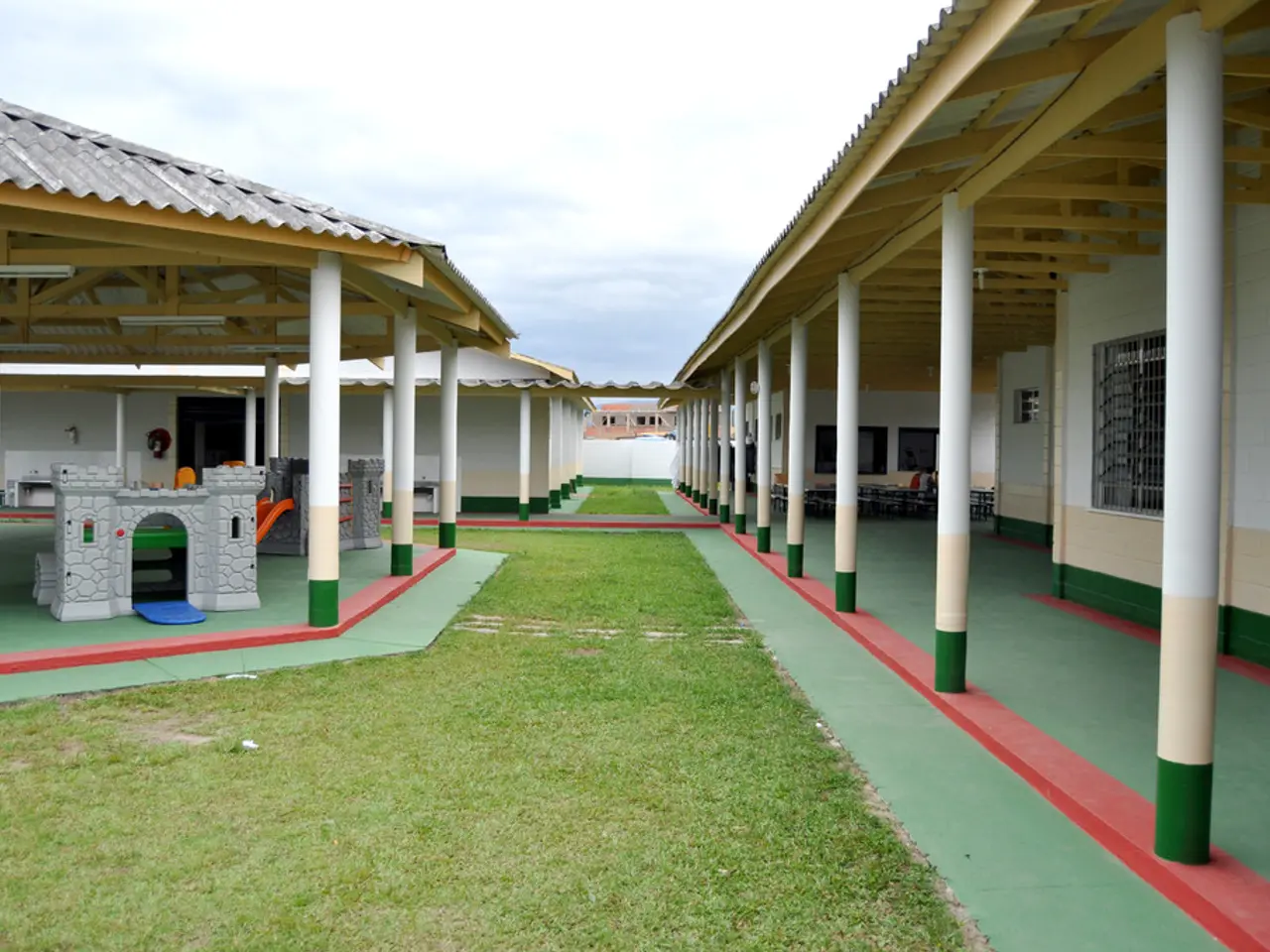Tübingen Ticket Affordability: Breaking Down the Lower Prices
Tübingen's Unique Approach to Funding Public Transport: A Look at Parking Fee Hikes and Subsidized Germany Tickets
In the university city of Tübingen, a unique funding approach for public transport has been implemented, with resident parking fees playing a significant role. This innovative model, however, remains to be seen if it will set a precedent for other German cities.
Five years ago, a resident parking permit in Tübingen cost only 30 euros per year. Today, that price has more than doubled to an average of 120 euros, and for heavier vehicles, it stands at 300 euros per year. Part of these revenues are now used to subsidize the Germany ticket, a nationwide public transport ticket available at a reduced price of 45 euros per month for Tübingen residents, compared to the nationwide price of 58 euros.
The aim of this reduced price is to encourage more people to use public transport, and the majority of Tübingen residents support this concept, particularly the financing of the Germany ticket through SUV parking fees. However, not everyone shares this sentiment. The ADAC Württemberg, a prominent automobile association, criticizes the increase as "disproportionate" and argues that parking near the place of residence should not become a matter of income.
Criticism also comes from the CSU and FDP, who speak of "ideological prohibition policy" and a "nuisance" for car drivers. In response, the independent mayor of Tübingen, Boris Palmer, defends the concept on the TV show "Markus Lanz", arguing that the fees now represent a realistic price for claiming city space.
While over 30 local authorities already offer subsidized Deutschlandtickets at varying prices, with subsidies financed through diverse means, the specific model of using increased parking fees is not directly mentioned as widespread or becoming normative elsewhere. Other cities such as Stuttgart face financial pressure and are calling for more federal and state funding rather than relying on local fee increases. This implies that funding via parking fee hikes, as reportedly done in Tübingen, could remain an isolated or niche approach rather than a broadly adopted precedent.
In conclusion, while Tübingen's parking fee-financed ticket subsidy is an innovative local model fitting within Germany's complex funding landscape for public transport, it is not yet clear if this financing model is likely to become a standard precedent for other cities. The debate continues, with opinions divided on the fairness and effectiveness of this approach.
[1] Local Funding Approach for Public Transport in Tübingen: An Overview [2] Stuttgart's Financial Pressures and the Need for External Funding
[1] Environmental science researchers have shown an increasing interest in Tübingen's unique public transport funding approach, as it combined innovation in finance and environmental protection.
[2] The science of climate change indicates a necessity for the industry to shift towards sustainable transportation methods, and Tübingen's model serves as a potential example to follow.
[3] Criticisms of Tübingen's parking fee-financed ticket subsidy have raised concerns among certain business and automobile associations, questioning whether such a model can foster a competitive environment.
[4] Public-transit systems across Germany might benefit from studying environmental-science findings and finance best practices to adopt similar sustainable funding strategies, ultimately reducing carbon emissions from transportation.




